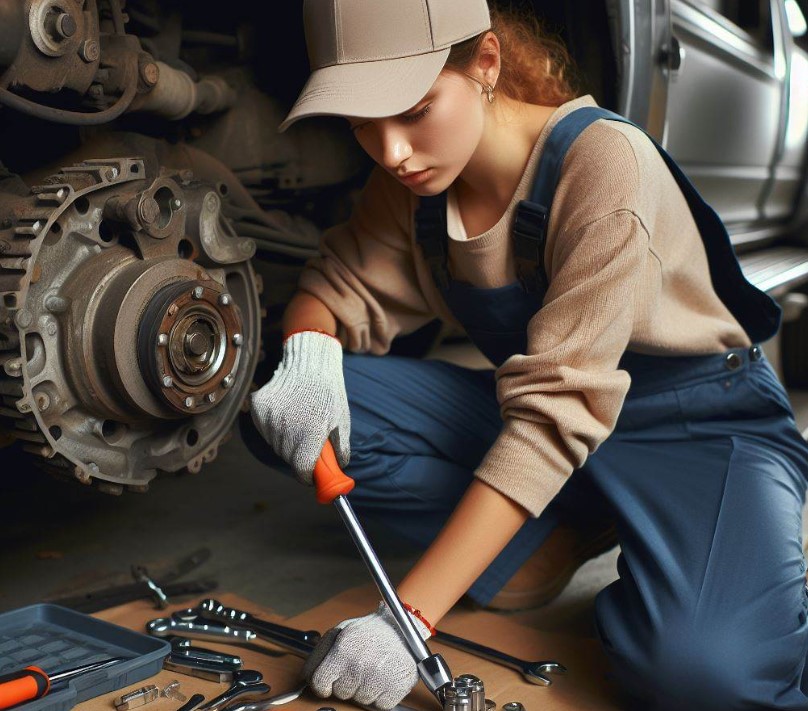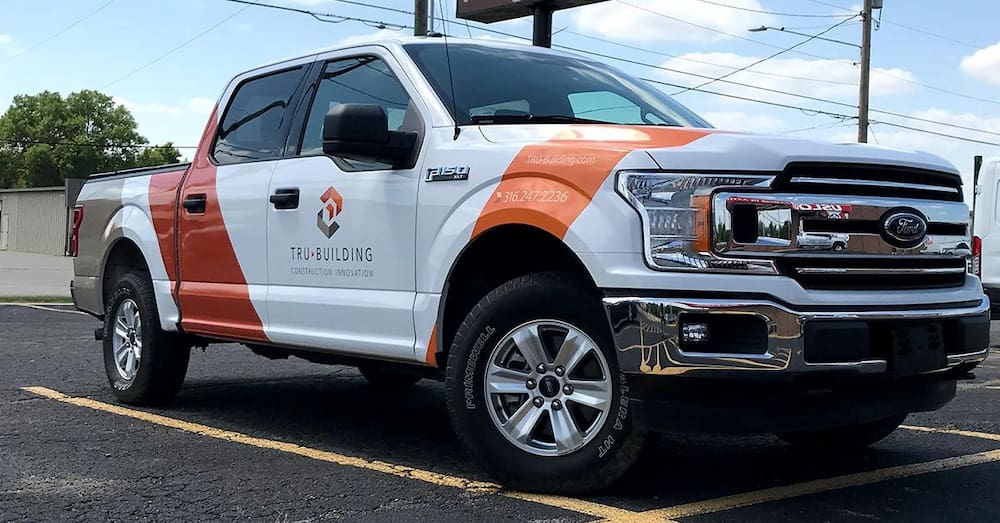Regearing a truck involves replacing the existing gears in the axle with new ones in order to change the final drive ratio. This is a common modification for trucks used for towing, off-roading, or heavy hauling, as it can improve the truck’s performance and efficiency in various driving conditions.

Image: www.turbochaos.com
The cost of regearing a truck can vary depending on several factors, including the type of truck, the size of the axle, the gear ratio being installed, and the complexity of the job. On average, however, you can expect to pay between $1,800 and $3,000 for a complete regear, including parts and labor.
Factors Affecting Regearing Costs
- Type of Truck: The size and type of truck you have will impact the cost of the regear. Smaller trucks with smaller axles will typically be less expensive to regear than larger trucks with heavier-duty axles. For example, the cost of regearing a Jeep Wrangler will be lower compared to a Ford F-250.
- Axle Size: The size of the axle also affects the cost. Dana 60 axles are more common and less expensive to regear compared to Dana 70 axles. The number of axles on the truck also matters, with single-axle trucks being less expensive to regear than dual-axle trucks.
- Gear Ratio: The gear ratio you choose is a major factor in the cost of the regear. Lower gear ratios, such as 4.88 and 5.13, are typically more expensive to install than higher gear ratios, such as 3.55 and 3.73. This is because lower gear ratios require the use of larger ring and pinion gears, which are more expensive to manufacture.
- Job Complexity: The complexity of the regear job can also affect the cost. If the regear requires additional modifications, such as axle shaft replacement or carrier bearing replacement, the cost will be higher. Additionally, if the truck has locking differentials or other specialized features, the regear may be more complex and time-consuming.

Image: www.truckcustom.com
How Much Does It Cost To Regear A Truck
DIY vs. Professional Regear
If you have the necessary tools and mechanical skills, it is possible to regear a truck yourself. However, it is important to note that regearing a truck is a complex and potentially dangerous task, and it is not recommended for inexperienced individuals or those with limited mechanical knowledge. Contacting a qualified mechanic or off-road shop is highly advisable for accurate installation and to ensure optimal performance.
- Improved Performance: Regearing can improve the acceleration, towing capacity, and fuel efficiency of your truck. Lower gear ratios provide more torque, which can be beneficial for towing heavy loads or navigating off-road terrain.
- Reduced Engine Wear and Tear: Regearing can reduce stress on the engine by reducing the strain of pulling heavy loads or climbing steep hills. This can lead to longer engine life and reduced repair costs.
- Enhanced Drivability: Regearing can improve drivability by making your truck more responsive and comfortable to drive, especially when towing or hauling heavy loads.
- Better Fuel Economy: By matching the gear ratio to your driving habits and load requirements, you can improve the fuel efficiency of your truck, especially on the highway.
- Tire Size: Regearing can affect the effective gear ratio of your truck, so it’s essential to take into account your tire size before regearing. Larger tires can alter the final drive ratio, so you may need a lower gear ratio to compensate.
- Driving Style: Consider your driving style and typical usage before selecting a gear ratio. If you primarily drive on the highway, a higher gear ratio may be more suitable. If you frequently tow or off-road, a lower gear ratio may be a better choice.
- Drivetrain Compatibility: It’s important to ensure that the gear ratio you choose is compatible with your truck’s drivetrain. Mismatched gear ratios can lead to driveline vibrations or damage.
- Potential Resale Value: Keep in mind that regearing your truck may impact its resale value. Some buyers may be hesitant to purchase a truck with a non-factory gear ratio.
Regearing your truck can be a beneficial modification, improving performance, efficiency, and drivability. While the cost of regearing can vary depending on various factors, it is typically between $1,800 and $3,000. If you are considering regearing your truck, it is important to consult with a qualified mechanic or off-road shop to determine the optimal gear ratio and ensure a proper installation.
In addition, it is essential to remember that regearing is a complex task that should only be attempted by experienced individuals. If you are unsure about your mechanical abilities, entrusting a professional mechanic with the regear is highly recommended.